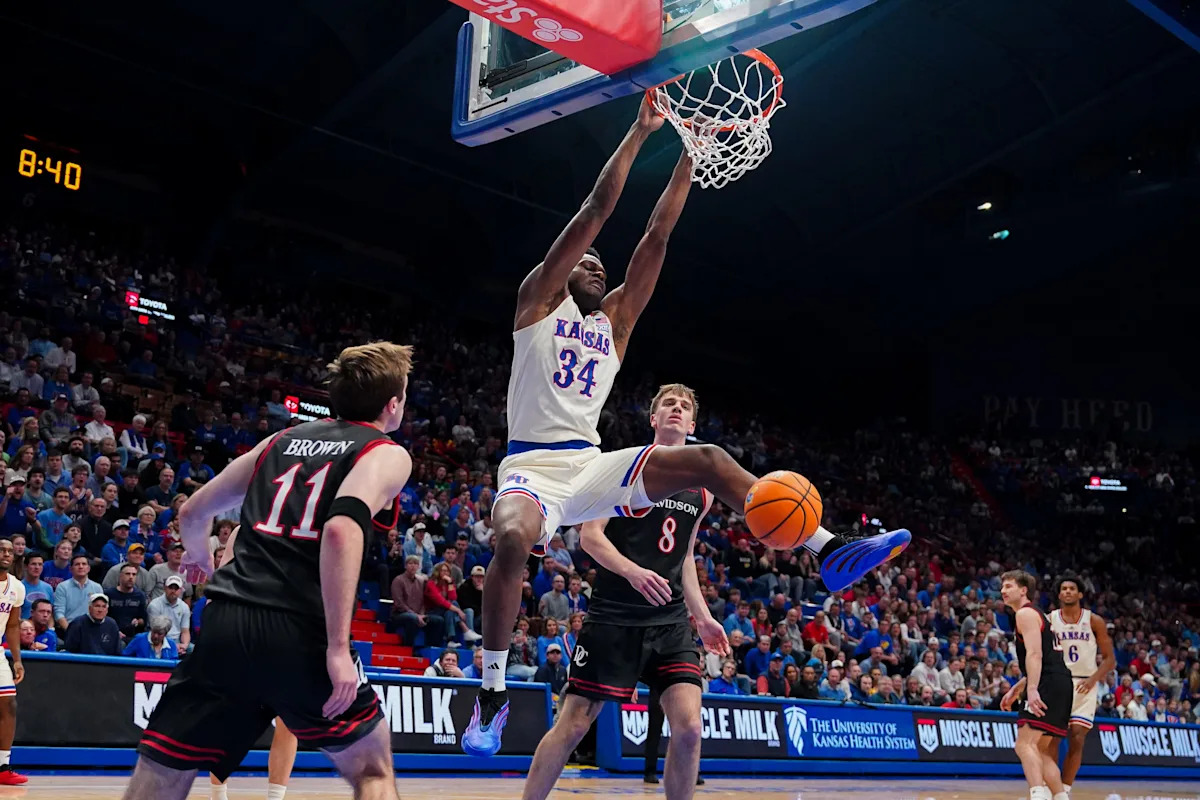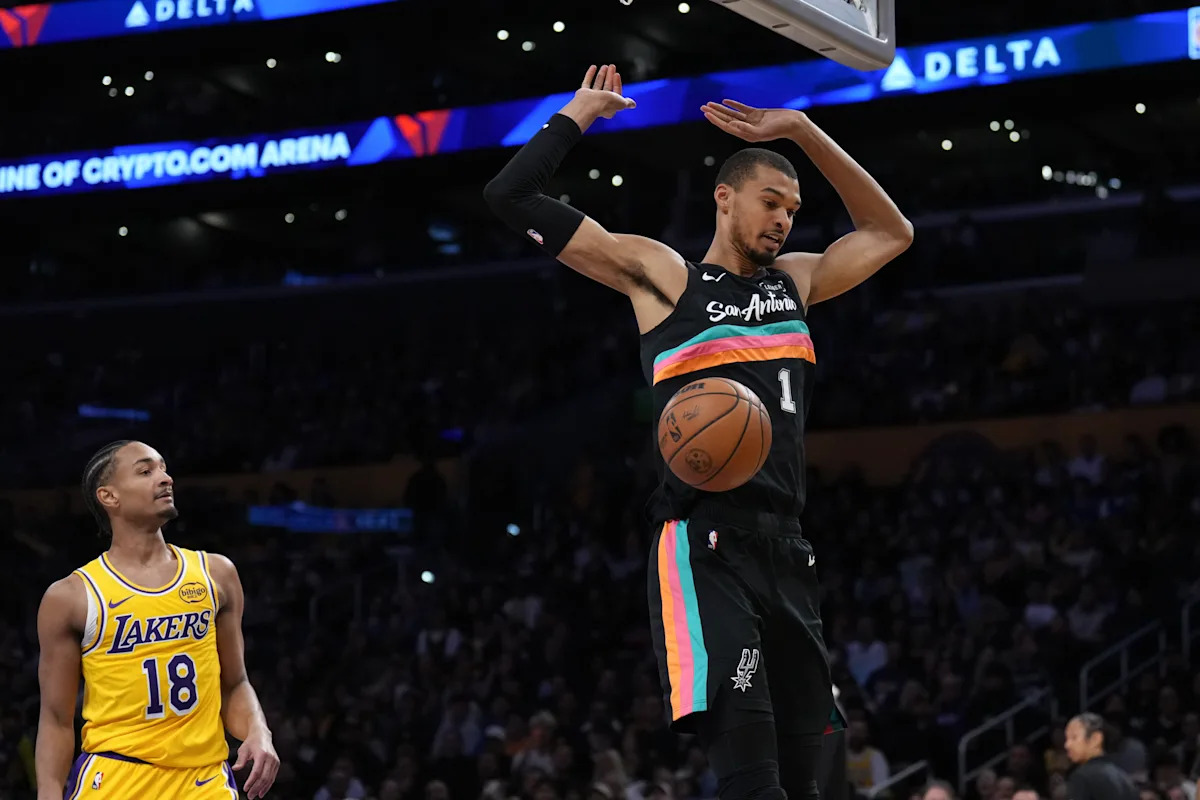The NCAA Division I Administrative Committee approved a recommendation Wednesday to allow college athletes to legally wager on professional sports, a significant step toward loosening longtime restrictions on betting.
The new rules will only go into effect if Division II and Division III also vote to allow athletes who compete at those levels to legally wager on sporting events. If those divisions approve, the new rules will go into effect Nov. 1.
Division I votes to allow athletes to legally bet on professional sports BUT DO NOT PLACE YOUR BETS YET, kids.
Rule change can’t go into effect until Divisions II and III also vote. https://t.co/8AHcPoSslf
— Ralph D. Russo (@ralphDrussoATH) October 8, 2025
“The change allows the NCAA, the conferences and the member schools to focus on protecting the integrity of college games while, at the same time, encouraging healthy habits for student-athletes who choose to engage in betting activities on professional sports,” said Illinois athletic director and committee chairman Josh Whitman.
The rule change was supported by the Division I Student-Athlete Advisory Committee, the NCAA said.
The proposal handed down in June came after the Division I Board of Directors directed changes to sports betting rules and does not affect the NCAA’s longtime prohibition on gambling on college sporting events.
The change comes at a time when easily accessible, legalized online sports gambling is leading to more NCAA investigations of potential violations than ever before.
Last month, the NCAA permanently suspended the eligibility of three Division I basketball players who were found to have bet on their own games and manipulated their performances to influence the outcomes of games. A few days later the NCAA announced it was investigating 13 players from six other Division I men’s basketball programs — including Temple and Arizona State — for alleged violations of sports gambling rules.
Current rules ban athletes and athletics staff from betting on any sport that NCAA sponsors at any level.
The NCAA still prohibits athletes, coaches and others who work for athletic departments from sharing information about college sporting events with bettors. And the NCAA continues to ban advertising and sponsorships with gambling companies from its championship events, such as the March Madness basketball tournaments.
Still, the NCAA pledged to modernize its sports gambling rules as legal wagering on sporting events becomes common across the country. Thirty-eight states have legal sports gambling, plus Washington D.C., and Puerto Rico, though age restrictions vary from 18 to 21 years old.
The NCAA and college conferences work with monitoring companies to help police potential improper wagers and betting activity on their events.
The NCAA has also ramped up its efforts to educate athletes and those who work in college sports about the potential harms of gambling.
The increase in legal wagering was also strongly tied to online harassment of NCAA athletes, an NCAA study showed.


























